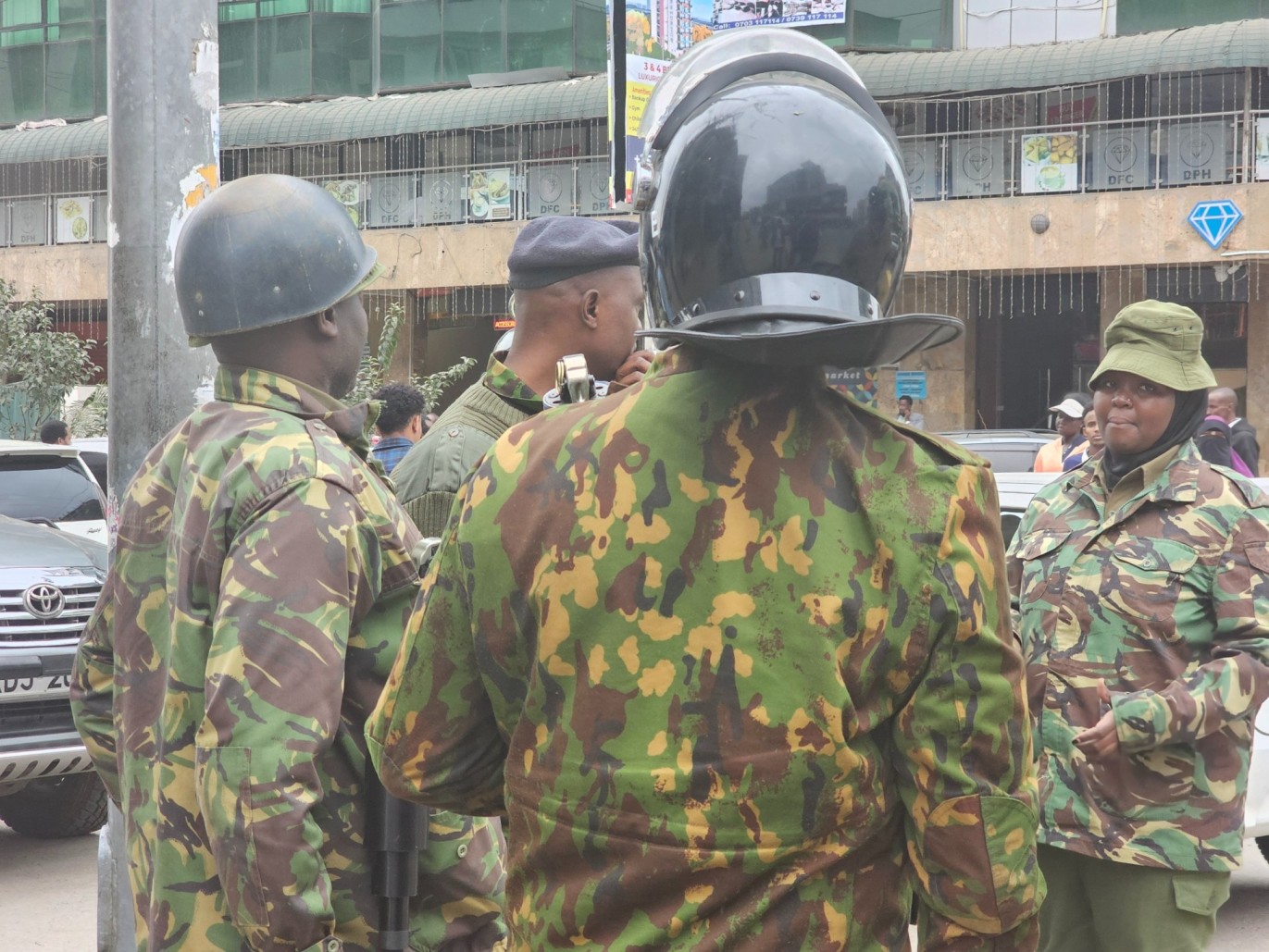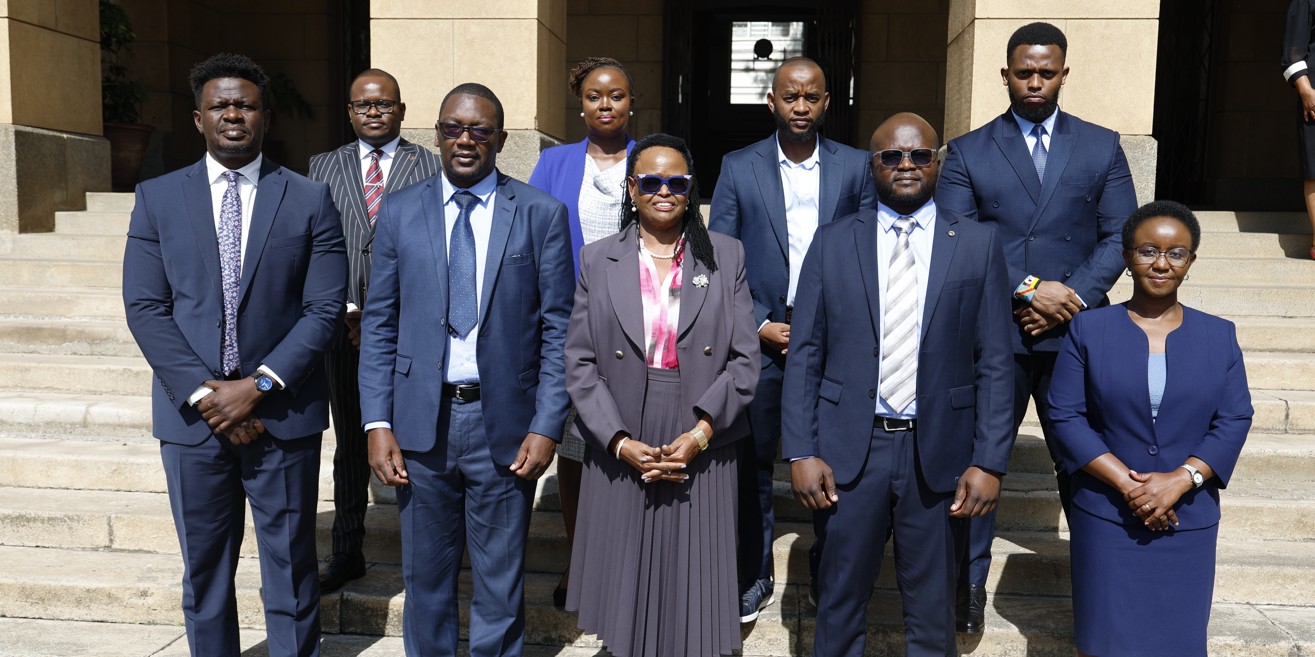Fear and mistrust keep police abuse victims silent, report finds

The study paints a grim picture of public confidence in criminal justice institutions, with only 14.3 per cent of respondents saying they trusted the system.
A new survey has exposed how widespread fear and loss of trust in Kenya’s justice system are keeping victims of police misconduct from reporting their ordeals.
The report by the International Justice Mission (IJM) shows that despite harassment, arbitrary arrests, extortion, shootings, and even disappearances, most citizens remain silent, believing that the system cannot protect them or deliver justice.
More To Read
- Police to deploy senior investigators as Rex Masai inquest uncovers new witnesses
- LSK condemns police brutality, demands action over assault of woman and torture of teen in Narok
- NPS announces fresh recruitment of police constables after court ruling
- Mungatana decries misuse of firearms by police officers in Tana River
- Police officer breaks down in court as he defends colleagues accused of killing suspected robber
- Outrage after viral video shows Dutch national insulting police officer in Diani
The study paints a grim picture of public confidence in criminal justice institutions, with only 14.3 per cent of respondents saying they trusted the system.
Agencies assessed included the Independent Police Oversight Authority (IPOA), the National Police Service, the Directorate of Criminal Investigations (DCI), the Internal Affairs Unit, and the Victim Protection Board.
According to the findings, public confidence has sunk to basement levels despite years of outreach efforts by the police and Judiciary aimed at improving relations with citizens.
The study, conducted between March 2022 and March 2024, engaged 5,700 people through a household survey across nine counties and carried out 17 focused group discussions in Garissa, Kakamega, Kisumu, Machakos, Mombasa, Nairobi, Nakuru, and Uasin Gishu.
The group discussions explored experiences of police abuse, highlighting the factors that expose citizens to misconduct.
IJM notes in the report that there is “a severe lack of confidence in the effectiveness of the criminal justice system in Kenya to protect vulnerable people and deter police officers from abusing their power.”
Stakeholder perspectives were equally bleak. Only 14.3 per cent of stakeholders expressed confidence in the system’s overall effectiveness.
Confidence in specific institutions was strikingly low, with just 2 per cent for the National Police Service and DCI, and 8.2 per cent for IPOA and the Victim Protection Board.
The Office of the Director of Public Prosecutions (ODPP) and the courts scored slightly higher at 16.3 per cent and 10.2 per cent, respectively, but still reflected poor faith in the system. The average confidence level across all criminal justice institutions stood at only 7.8 per cent.
The report also documents how victims respond after facing abuse. Among those who said they had been violated by police, 62.6 per cent admitted they never reported the cases, while 37.4 per cent had made reports. Many of those who chose silence feared for their safety or doubted the ability of institutions to handle cases swiftly and fairly.
“The reasons for not reporting were primarily a lack of trust in criminal justice institutions (29.2 per cent) and a lack of awareness about where to report such cases (28.9 per cent),” the report states.
Other reasons included slow case processes at 18.4 per cent, fear of retaliation at 16.4 per cent, and perceptions of corruption and ineffectiveness at 26.2 per cent.
Additionally, 17.3 per cent of participants pointed to the high cost of seeking justice as a major barrier.
The findings underline a systemic problem, showing that while institutions exist to oversee police conduct and safeguard rights, both citizens and stakeholders remain deeply unconvinced about their ability to provide justice or protection.
Top Stories Today












































